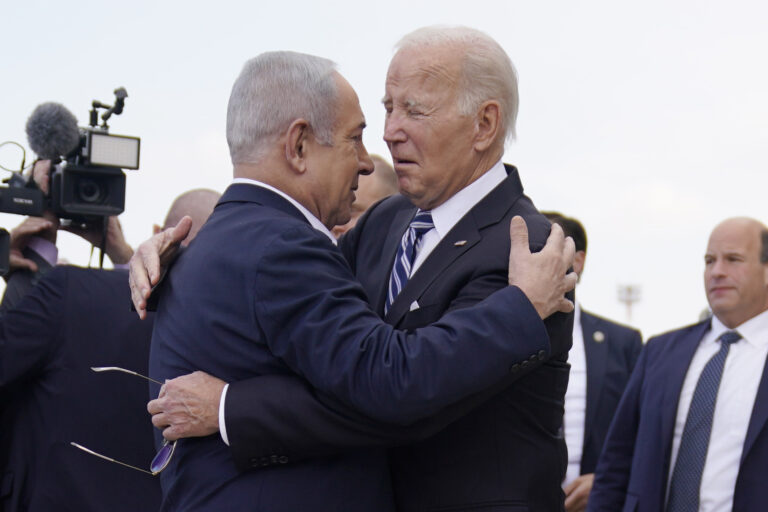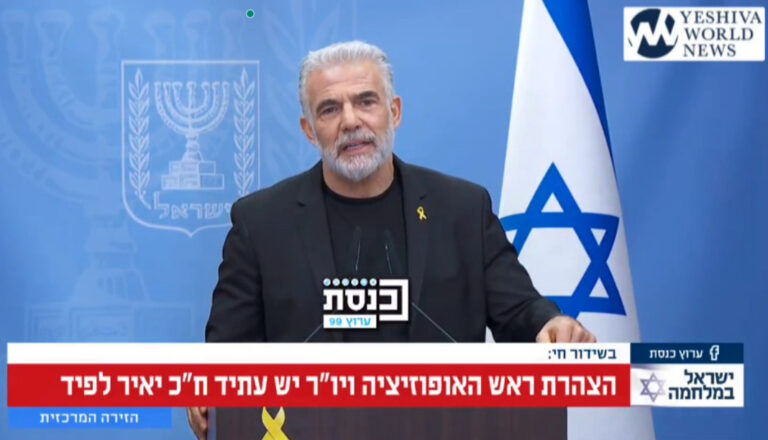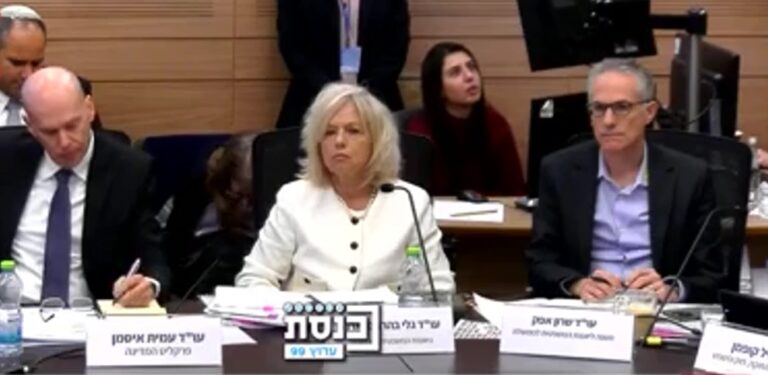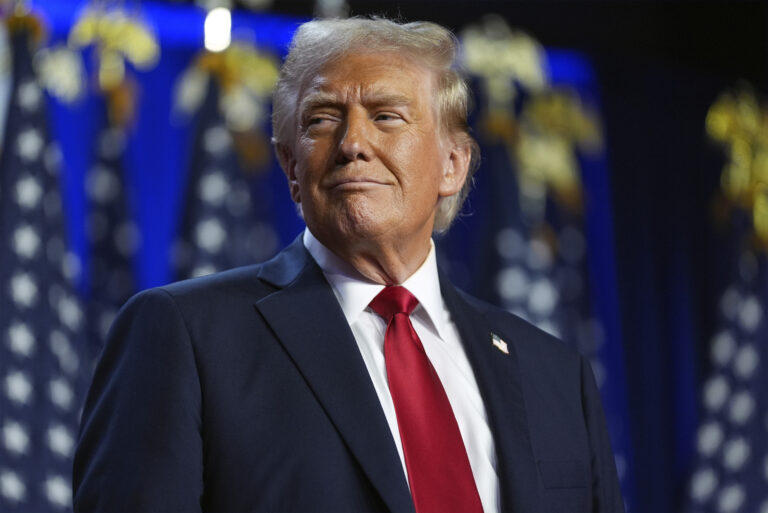 Looking to soothe irritated relations with Israel, America’s top diplomat on Thursday pledged to support the Jewish state’s security throughout separate negotiations with Iran and the Palestinians — including Israel’s demand that it “defend itself, by itself.”
Looking to soothe irritated relations with Israel, America’s top diplomat on Thursday pledged to support the Jewish state’s security throughout separate negotiations with Iran and the Palestinians — including Israel’s demand that it “defend itself, by itself.”
U.S. Secretary of State John Kerry’s comments served as a sort of peace offering to Prime Minister Benjamin Netanyahu, who has made no secret of his displeasure with a tentative offer by world powers to ease some sanctions on Iran in exchange for curbing Tehran’s nuclear program.
In remarks to reporters after meeting with Netanyahu in Jerusalem, Kerry repeatedly affirmed Israel’s security as a top U.S. priority. He said he and retired Marine Gen. John Allen offered suggestions on how Israel can bolster its security as the result of its ongoing peace negotiations with Palestinians.
Kerry did not offer any specifics, and Netanyahu separately told reporters that the process was not helped by discussing its details with the media.
However, Kerry pointedly said the U.S. recognizes Israel as a “country that can defend itself by itself.” Netanyahu has long insisted that any final peace deal must allow Israel to maintain a security presence in the West Bank — a prospect that has angered Palestinians.
“We have always known that this is a difficult, complicated road, and we understand that,” Kerry said at the end of his three-hour morning meeting with Netanyahu. “I believe we are making some progress, and the parties remain committed to this task.”
Netanyahu, offering his own rundown of the meeting with Kerry, said Israel is ready for peace but “must be able to defend itself, by itself, with its own forces against any foreseeable threat.”
Kerry then headed to the nearby West Bank city of Ramallah to meet with Palestinian President Mahmoud Abbas, whom he praised for sticking with the so-far fruitless negotiations “despite difficulties that he and Palestinians have perceived in the process.” The talks, which face a March deadline for a resolution, have entered their fifth month without any major breakthroughs.
“The interests are very similar, but there are questions of sovereignty; questions of respect and dignity, which are obviously significant to the Palestinians and Israelis; very serious questions security and also of longer term issues of how we end this conflict once and for all,” said Kerry, who struck a more conciliatory tone after meeting with Abbas for just over three hours.
“We, I think, made some progress,” said Kerry, who raised the possibility of returning in about a week to resume the discussions.
Abbas was not immediately available after the talks and did not join Kerry in his brief comments to reporters.
Israel currently has military control of the West Bank and does not want to give it up. But a possible part of the U.S. plan could call for stationing international forces along the West Bank border with Jordan, although officials on all sides have refused to discuss the details.
It’s also possible that Israel would be in control of the international forces, in an uneasy compromise to try to appease both sides.
“If this process is going to continue, we’re going to have to have a continual negotiation,” Netanyahu said. He cited a need “to have these real discussions inside in a sustained effort to bridge historic gaps and provide security.”
The meeting in Jerusalem — which will continue Thursday night during a private dinner — sought in part to placate Netanyahu after world powers reached a tentative agreement with Iran last month over curbing Tehran’s nuclear program in a separate deal that infuriated Israel. Netanyahu warned anew Thursday against easing harsh sanctions against Iran.
“Steps must be taken to prevent further erosions of sanctions,” Netanyahu said.
Kerry said the U.S. will remain “vigilant” in enforcing sanctions against Iran, including the harshest measures that have crippled the Islamic republic’s oil and banking industries. However, the Obama administration is pushing back against new sanctions against Iran, as offered by some lawmakers in Congress. Such a move could be seen as a heavy-handed, bad-faith tactic at a delicate time in the negotiations.
Even so, “Israel’s security in this negotiation is at the top of our agenda,” Kerry said, referring to the talks with Tehran. “And the United States will do everything in our power to make certain that Iran’s nuclear program — a program of weaponization possibilities — is terminated.”
(AP)











One Response
Hayn ahm lvadad yishkon.